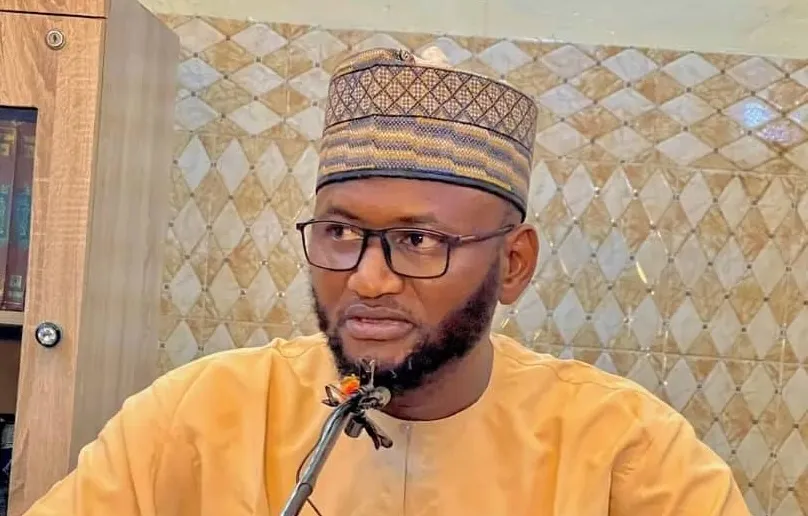
Kano has witnessed rising tensions following allegations that local Islamic scholar Sheikh Lawal Triumph made disrespectful remarks about the Prophet Muhammad (SAW).
The controversy erupted after a segment of the youth organized a peaceful protest at the state government house, demanding accountability.
Lawal Triumph has denied the accusations, insisting that his statements were intended as protection rather than offense.
In response, Governor Abba Kabir Yusuf addressed the crowds, urging citizens to submit formal written complaints to provide a basis for official action.
Eight organizations have reportedly submitted grievances, some accusing Lawal Triumph of blasphemy, while others defended him, suggesting he is being unfairly targeted.
The groups that submitted complaints include Safiyatul Islam of Nigeria, Tijjaniya Youth Enlightenment Forum, Interfaith Parties for Peace and Development, Sairul Qalbi Foundation, Habbullah Mateen Foundation, Imams of Juma’at Mosques under the Qadiriyya Movement, Committee of Sunnah Preachers, and Multaqa Ahbab Alsufiyya.
All complaints have been forwarded to the Kano State Council of Ulama (Majalisar Shura) for review and recommendations. The council comprises twelve representatives from various Islamic sects, including Tijjaniyya, Qadiriyya, Salafiyya, alongside a government representative, a representative from the Emirate of Kano, and the state Commissioner for Religious Affairs.
Meanwhile, Deputy Governor Aminu Abdussalam Gwarzo addressed a congregation at a maulud event organized by Sheikh Bazullah Nasiru Kabara, commenting on the issue with remarks that some interpreted as politically charged.
He noted that “there is political influence in past events,” a statement perceived by some as referencing the imprisonment of Sheikh Abduljabbar Nasiru Kabara.
In reaction, the Gamayyar Ahlussunnah Wal-Jama’ah coalition criticized the Deputy Governor’s comments as biased. At a press briefing titled “Abin Ɓoye ya fito fili” (“The Hidden Has Emerged”), the coalition expressed concern that official statements could cast doubt on the integrity of religious courts and protective rulings, while suggesting that government intentions regarding Lawal Triumph and other scholars may be influenced by hidden agendas.
As Kano navigates this complex mix of religious sensitivities, political undertones, and community grievances, the situation underscores the challenges of balancing accountability, freedom of expression, and public trust in the state’s handling of sensitive religious matters.



